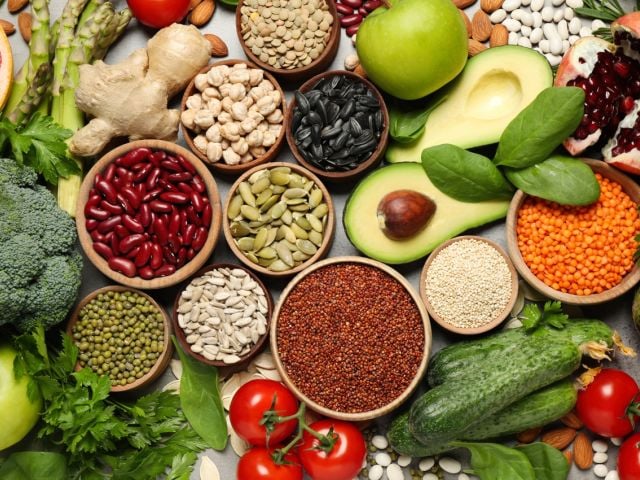

 Do you pack sandwiches for lunch or grab a hot dog at a barbecue? These foods may contain added chemicals you should know about: nitrates and nitrites.
Do you pack sandwiches for lunch or grab a hot dog at a barbecue? These foods may contain added chemicals you should know about: nitrates and nitrites.
Manufacturers add nitrates and nitrites to foods such as cured sandwich meats, bacon, salami or sausages to give them color and to prolong their shelf life. When added to processed foods in this way, both nitrates and nitrites can form nitrosamines in the body, which can increase your risk of developing cancer.
These chemicals also contaminate drinking water because of nitrogen-based fertilizers, as well as livestock and human waste. This is most dangerous for infants, who can develop a rare but serious condition known as methemoglobinemia, or “blue baby syndrome,” from drinking contaminated water. Nitrate in tap water also increases the risk of cancer, as shown by the research from the National Cancer Institute. Read more about nitrite in drinking water here.
Research shows there’s a big difference between the nitrates that are added to foods as preservatives and those that occur naturally in produce such as spinach and celery. The naturally occurring nitrates in food come with vitamin C and other compounds that inhibit conversion into nitrosamines. There is no data to suggest that naturally occurring nitrates are harmful, so keep on eating those healthful foods.
Here’s how to keep added nitrates and nitrites out of your body:
- Minimize your consumption of processed foods and cured meat products such as hot dogs, sausages and cold cuts.
- Check labels carefully and avoid products that list sodium or potassium nitrates and nitrites. In addition to lunchmeat, some canned beans and vegetables with bacon, and even packaged seafood, may contain these added chemicals.
- Look for organic food. Synthetic nitrates and nitrites are not allowed as preservatives in organic packaged foods and meats.
- Find out if your water is tainted with nitrates or nitrites by looking up your water utility in EWG’s Tap Water Database. If you drink well water, your local health department can help you find out if this is a problem in your area. You can also have your water tested by a laboratory.
- Eat a diet high in antioxidants. Vitamin C and certain other vitamins can reduce the conversion of nitrates and nitrites to nitrosamines.
Learn more about nitrates, nitrites and other hazardous food additives in EWG’s Dirty Dozen Guide to Food Additives.


.jpg?h=827069f2&itok=jxjHWjz5)
